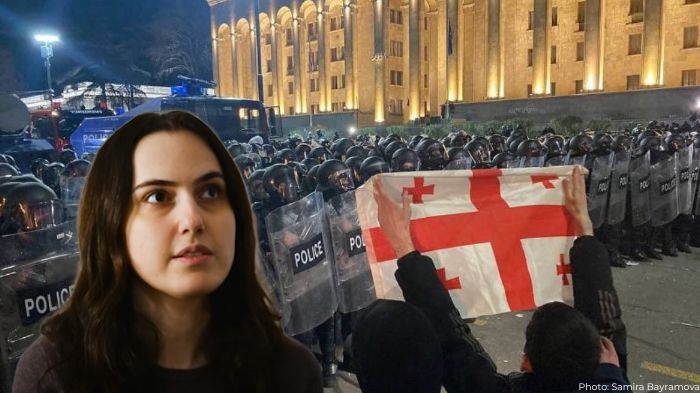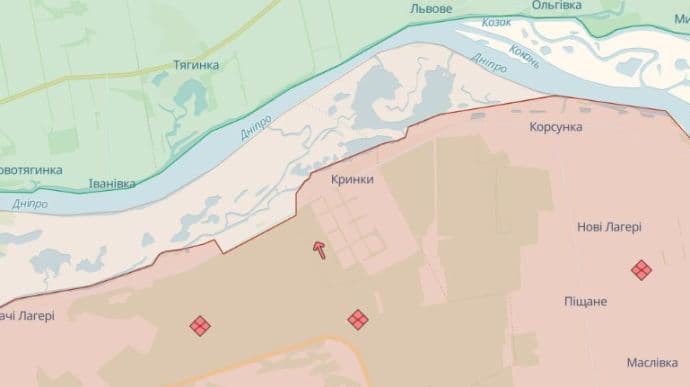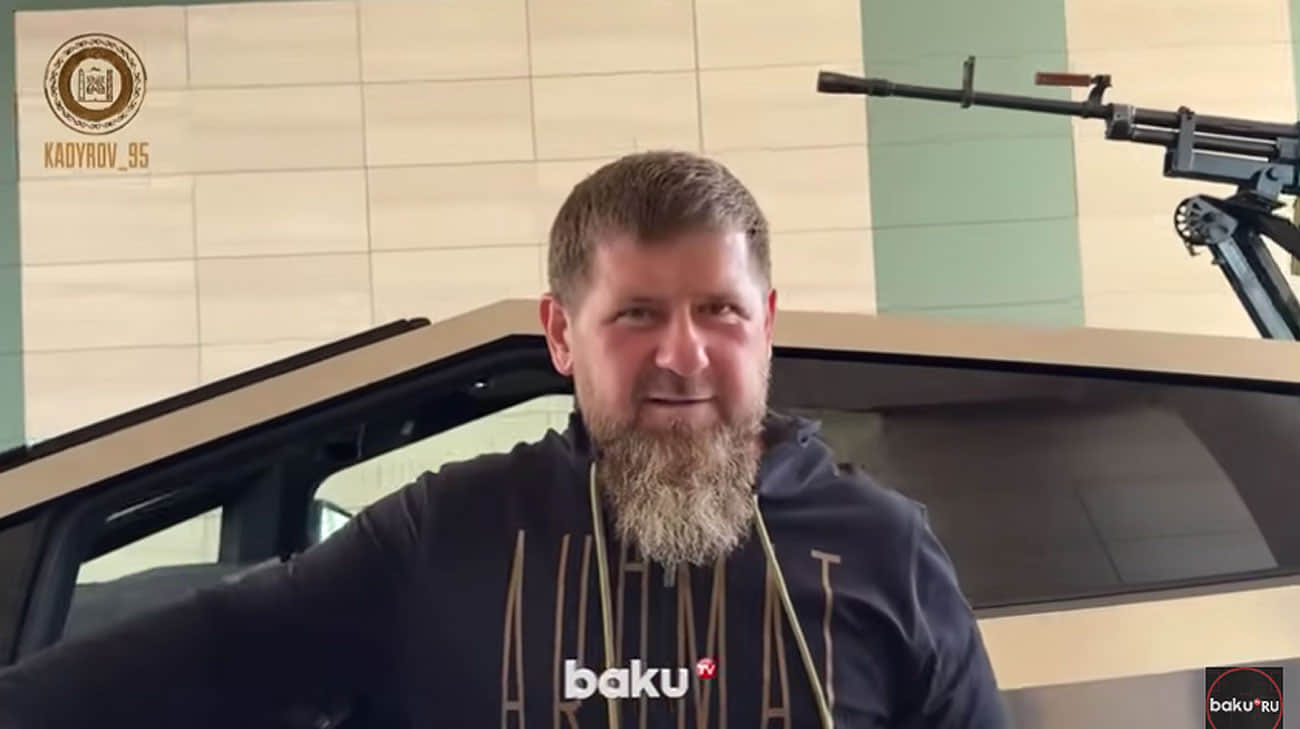“Russia makes nations slaves”: a Georgian activist explains her country’s revolt
First they rigged elections, then they killed EU hopes. Activist Marika Mikiashvili reveals how Russia captured Georgia without firing a shot.


Editor’s note: Georgia is in turmoil: the country has been up in protests for 21 consecutive days following the pro-Russian government announcing it is suspending talks on EU accession a month after being accused of stealing an election.
Protesters defy police violence and the cold weather as the grip of the ruling pro-Russian Georgian Dream grows stronger. Using their disputed constitutional majority, they have elected a loyal anti-western president to replace Salome Zourabichvili, the country’s last remaining leader carrying the torch of the Euro-Atlantic hopes of the majority of the population.
Marika Mikiashvili, a Georgian activist and academic, and member of the opposition Droa party, explains why the battle on Tbilisi’s streets is existential — both for Georgia and the future of world democracy.
EP: What sparked the recent protests in Georgia?
The main trigger was the Georgian Dream Party’s announcement to halt Georgia’s European accession. Georgians were deeply angry and humiliated by this decision, which was the final straw on top of existing grievances, particularly that this government had stolen elections and does not respect the will of the Georgian people.
People are angry because they don’t feel represented at all. Although everyone knew the government wasn’t proceeding with European integration, it still had to portray itself as pro-European because an overwhelming majority – 85% – of the Georgian population supports European integration. But suddenly, it seemed like the population’s wishes didn’t matter anymore.
They essentially told us, “You, the entire population, don’t matter. I don’t even have to pretend anymore that I want European integration.” That was the humiliating part.
EP: Can you talk about the events that preceded the protests?
A month before this announcement, we had parliamentary elections with very high hopes. We thought that with the wind of change at home, with the West fed up with the Georgian Dream rule, and with their fragile grip over the security sector and the Georgian army, they might be forced to accept that the opposition — the people of Georgia — were winning.
However, they employed advanced methods of rigging elections and ultimately stole them. For about four weeks until the decision to halt Georgia’s EU integration, a large part of the Georgian population was either confused, exhausted, or depressed. The anger didn’t dissipate though. This last trigger just added to the pre-existing anger from before and especially after the stolen elections.



